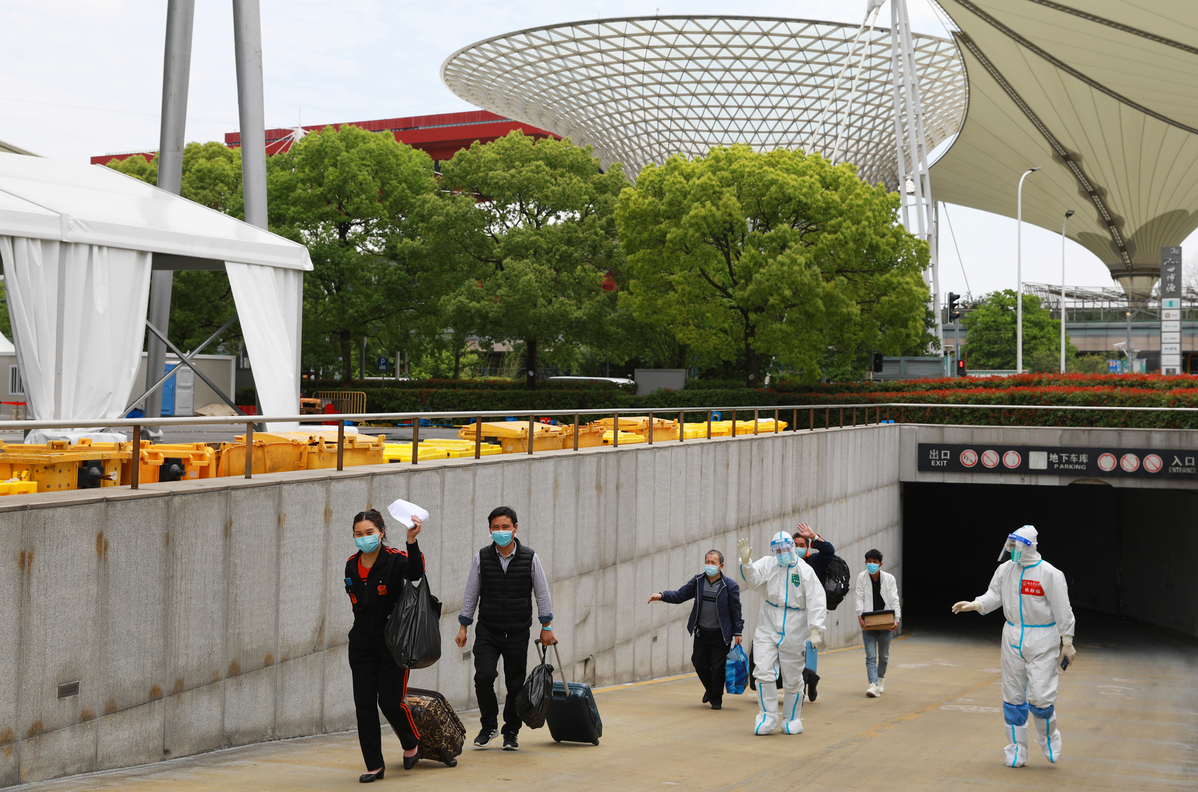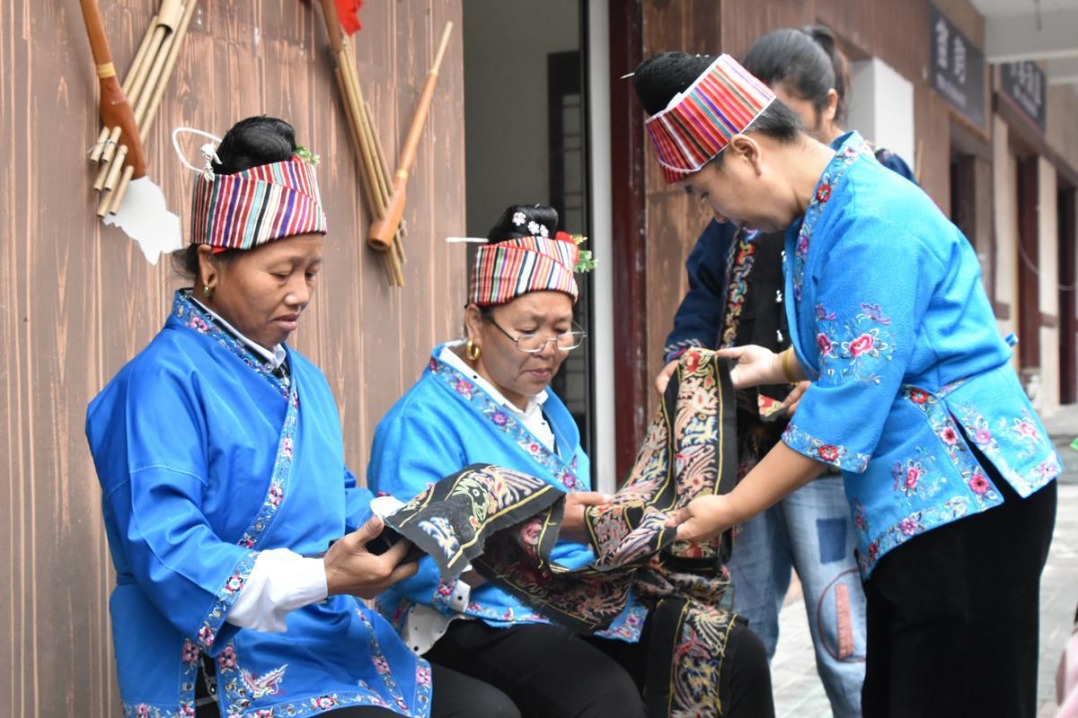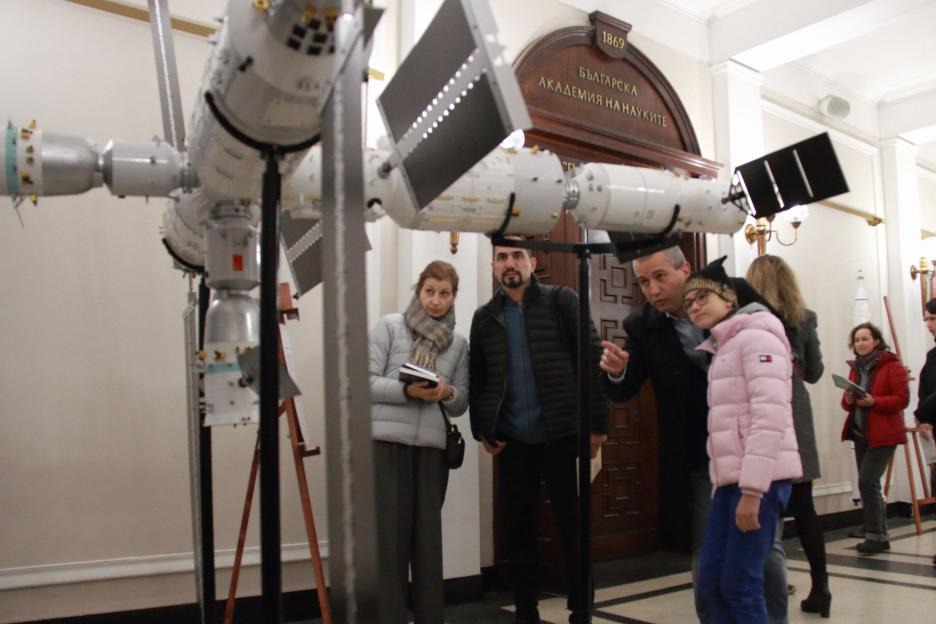Recovered patients return home after quarantine


After four days of quarantine, Yu Linke had recovered from an asymptomatic COVID-19 infection and was released from a makeshift hospital in Shanghai's Pudong New Area on Monday.
The 27-year-old fitness trainer and several other recovered patients were transported via a designated bus from the makeshift hospital at the Shanghai World Expo Exhibition and Convention Center at about 10:30 am to Hongkou district where they live.
"Before I came to the makeshift hospital, I was worried about its living environment. Would it be crowded? Would it be okay to eat?...Everything was unknown, so I was concerned," said Yu, while preparing to return home.
"But the anxiety quickly eased when I was provided care, regular meals every day and the network here," he added.
"For most of the quarantine time, I was playing with my mobile phone."
Liu Xueling, 57, a cleaner who spent five days quarantined in the makeshift hospital and took the same bus with Yu, expressed her satisfaction with the food, saying that she could get eggs and corn at breakfast time, with a tidy bed and clean restrooms.
Information about patients, including their health condition and residential addresses, is recorded during the quarantine period, and they can be released if they have tested negative in two consecutive nucleic acid tests at least 24 hours apart, according to Lin Jinrong, a doctor from Fujian Provincial People's Hospital, who has worked for the makeshift hospital over a month.
While utilizing Western and traditional Chinese medical treatment in the makeshift hospital, a patient's own immunity is fairly important, he said.
"So, we've offered them eyeshades and earplugs to ensure they have a good sleep here, and also introduced knowledge about how to keep healthy by suggesting they scan QR codes to learn more," he said, adding that most patients, in general, will recover from infections within a week.
To ensure every recovered patient can be sent back to their communities smoothly, Lin and his colleagues contact their neighborhood committees first and then make full preparations for the transportation.
Lin recalled that his phone calls exceeded 1,200 minutes last week, with most used for sharing patients' information with the committees and coordinating with them on their discharge.
Since the 7,000-bed makeshift hospital was put into operation early last month, about 20,000 patients have been released after recovering from COVID-19 infections, he added.
Shanghai authorities told a news conference on Monday that a total of 645 confirmed cases citywide were discharged from hospitals, and 8,069 asymptomatic infections were released from medical observation in centralized quarantine sites.
The authorities also underlined that those people were required to monitor their health after they return to their communities.
- John Lee says Hong Kong LegCo General Election to be held as scheduled
- John Lee orders thorough probe into Hong Kong's Tai Po fire, setting-up of independent judge-chaired commission for investigation
- John Lee says HKSAR govt to continue following up search for some 30 missing persons in residential fire
- China–Laos Railway has handled over 62.5m passenger trips
- Shenzhou XX spaceship to make uncrewed return to Earth: spokesperson
- Crackdown on scams preying on sick and elderly





































